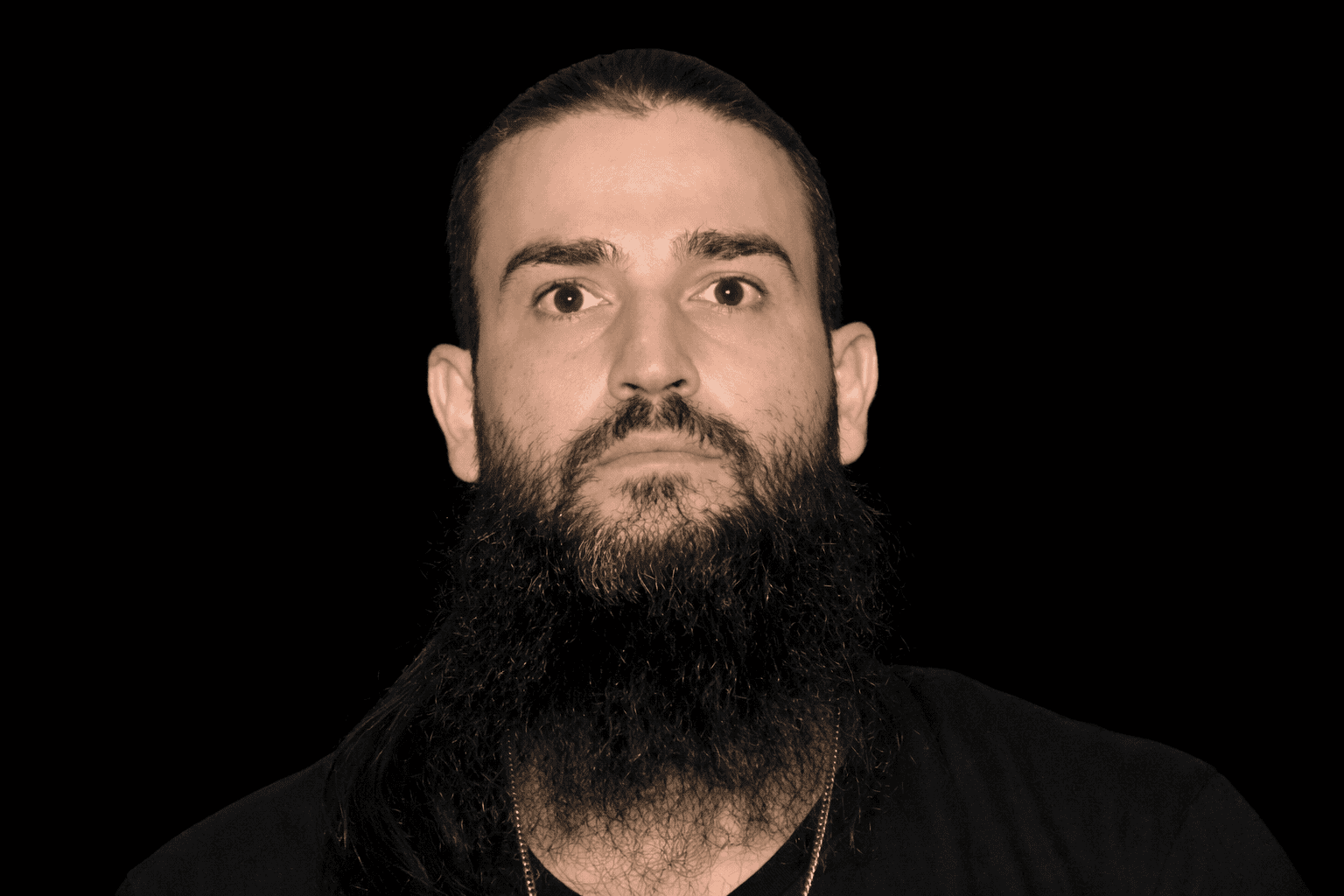Truth Be Known

On February 11, one of the most influential and inspirational figures in United States history was brought to life in front of a captivated audience, at the Vineland Public Library.
Dr. Daisy Century, historical interpreter, actress, educator and writer, put on a masterful performance as she portrayed the life and times of revered, revolutionary pioneer for human rights, Sojourner Truth.
According to womenshistory.org, “A former slave, Sojourner Truth became an outspoken advocate for abolition, temperance, and civil and women’s rights in the 19th century.”
Truth’s story is one of bravery, strength, fortitude, and resilience. During the 1800s, she traveled the country courageously confronting the erroneous “prevailing notions of racial and gender inferiority and inequality,” through numerous lecture tours.
Amazingly, she couldn’t read or write, yet Truth’s speeches were so impactful, she commanded the respect of many of her “well-spoken” contemporaries including Elizabeth Cady Staton, Frederick Douglass, and Susan B. Anthony.
Truth, who escaped slavery around 1826, also, remarkably, had the ear of and was admired by President Abraham Lincoln, with whom she met for the first time in 1864.
In his October 2019 article in the New York Times, Steve Coates shares an excerpt of a conversation Truth and Lincoln had during their first meeting, which can be found in her autobiography, Narrative of Sojourner Truth, edited by Olive Gilbert.
Regarding the subject of the Emancipation Proclamation, Truth said to Lincoln, “I thank God that you were the instrument selected by him and the people to do it. I told him that I had never heard of him before he was talked of for president. He smilingly replied, ‘I had heard of you many times before that.’ ”
 Fearless in her approach to life, Truth’s layered and fascinating story has galvanized a wide array of people ranging from politicians to educators to artists, and more. In 1861, sculptor William Wetmore Story created “The Libyan Sibyl,” a famous marble statue inspired by the woman who sojourned across the country on her Divine mission to spread Truth to the masses.
Fearless in her approach to life, Truth’s layered and fascinating story has galvanized a wide array of people ranging from politicians to educators to artists, and more. In 1861, sculptor William Wetmore Story created “The Libyan Sibyl,” a famous marble statue inspired by the woman who sojourned across the country on her Divine mission to spread Truth to the masses.
Truth, who stood six feet tall, and was an imposing figure literally and figuratively amongst her peers, was born Isabella Baumfree, in 1797, in New York.
Unsurprisingly, she suffered through many of the deplorable injustices inflicted on millions of slaves under the hands of so-called masters.
She was beaten viciously, sold to different slave owners, separated from family members and had five children with a man she was forced to marry, among a plethora of other indignities.
During one heartwrenching moment in her life, she chose to leave her four oldest children behind—for a time—as she made the valiant decision to escape slavery.
While trying to discover how to bring order out of chaos, the young woman experienced a Spiritual epiphany that led her down the righteous journey she famously embarked on.
According to the article, Sojourner Truth, found in the January 2000 edition of Dictionary of World Biography: The 19th Century, by Jennifer McLeod, “Truth recounts … suddenly being overcome by the feeling she was loved, and feeling for everyone else—even people who abused her.
“She also sensed the presence of someone between her and God (Jesus), and realized her mission in life was to preach the injustice of slavery until it had disappeared for good.”
Dr. Century’s life mission has been to interpret the lives of influential and inspiring women of African descent, including Madam C.J. Walker, Bessie Coleman, and Harriet Tubman, as well as Sojourner Truth.
SNJ Today had the opportunity to speak with Dr. Century to learn more about the life and times of Sojourner Truth, her motivation for becoming these hidden historical figures, and more.
What was the impetus behind your decision to become … an historical interpreter?
[I]t started when I was reciting Sojourner Truth’s speech “Ain’t I A Woman?” I was practicing the speech and got very teary-eyed. … I was compelled to go to the library to find out more about Sojourner Truth’s life. Her life was so very incredible. I said, ‘I have to tell her story’ and that’s how I got started.”
What was your thought process in choosing the women, including Sojourner Truth, to interpret for your audiences?
It was not a thought process as to who to choose. Those women chose me. My audiences always have a person for me to portray or question why I am not portraying a certain person. My answer is always the same, “It doesn’t work that way. You get chosen, you ask permission if it is alright for you to try and portray their life story.” And then you try to do them justice.
As an actress, you must spend an exorbitant amount of time doing research to make your performances authentic with integrity. How long did it take you to study Sojourner?
It took [a] year to get started because it is a continuous research journey. There is always some new or lost information about historical figures that will surface from time to time.
What should people, including your audience members, know about Sojourner Truth?
Sojourner Truth was the “Truth” as some of my audience members would say. If she had [the opportunity to] learn to read and write, she would have been President of the United States … Her unshakeable faith in God is what the world needs today. She believed God walked right alongside her like a real person, every day. She had the confidence to hold her own against anybody she spoke with and debated with. And she met with presidents, politicians, ministers, teachers, and preachers.
Do you think Sojourner Truth can be an inspiration to the people of the world today, especially young women? And if so, what do you think people would find inspirational about her?
Sojourner Truth’s life, beliefs and faith [are] going to be an inspiration for the world for eternity. Young women can find inspiration from her poise, confidence, intellect, [and] commitment to a cause both to abolish slavery and for women’s rights.
Can you share with our readers how important Sojourner’s role was in the struggle for women’s suffrage and in her attempts to abolish slavery?
[Her] role was so very important for the entire movement, but specifically for [women of African descent]. There were other [African American] suffragettes, but Sojourner was more visible and more bold. She spoke up in public when it was not fashionable for women of any color to speak in public. When the “white” women saw this, they knew they had to merge together for victory, thanks to Sojourner and her boldness.
In her famous speech, “Ain’t I A Woman,” she said, “Somebody over there said that a woman needs to be taken care of and give the best of places to live. Nobody ever help [sic] me over mud puddles and into carriages and gave me the best of places and ain’t I a woman?” This became the rally cry for women of all colors.
How fun is it for you to play these intelligent, courageous and highly regarded women?
I love portraying these women. I get to walk in their shoes for just a little while. I get to be greatness just for a little while. When I put on my costume and tell their stories and connect with the audiences I say to them, “Yea, that was nice.”
Is there anything else you’d like to add that we haven’t discussed during this interview?
I would like to take these women to Broadway or the big screen and bring home the Oscar.
Although she hasn’t made it to Broadway yet, Dr. Century, a Philadelphia resident who has performed in New York, Oklahoma, Wisconsin, and in Battle Creek, Michigan, where Truth is buried, among other states, delighted audience members at the Vineland Public Library who were on hand to witness her masterful portrayal of Sojourner Truth.
“The performance was awesome,” said Diane Montalvo, a teacher’s aide with Vineland Public Schools. “It actually brought me back to [that] time period to make you reflect [on] what she went through. And you see the pain and the struggle and her commitment … and from all that struggle to see where we women now stand today because of her.”
“I loved it,” said Helen Cowan Margiotti, a librarian at the Vineland Public Library. “This is the fourth different character that I’ve seen [her do] and every time it’s just amazing. [S]he just commands my complete attention.
“I can see the other people she’s talking to even though there’s nobody else on the stage,” she says with a laugh. “It’s very entertaining and informative.”
When asked what she thought Truth’s legacy would be for future generations, Margiotti’s response was profound. “Boldness,” Margiotti declared. “To be in her social position and to do the things that she was able to accomplish is astounding.”
Sojourner Truth overcame the oppression of slavery and gender inequality to become a leading voice in the battle for human rights.
Her voice is still being heard today, inspiring a new generation of activists in their attempts to make the world a better place to live.











